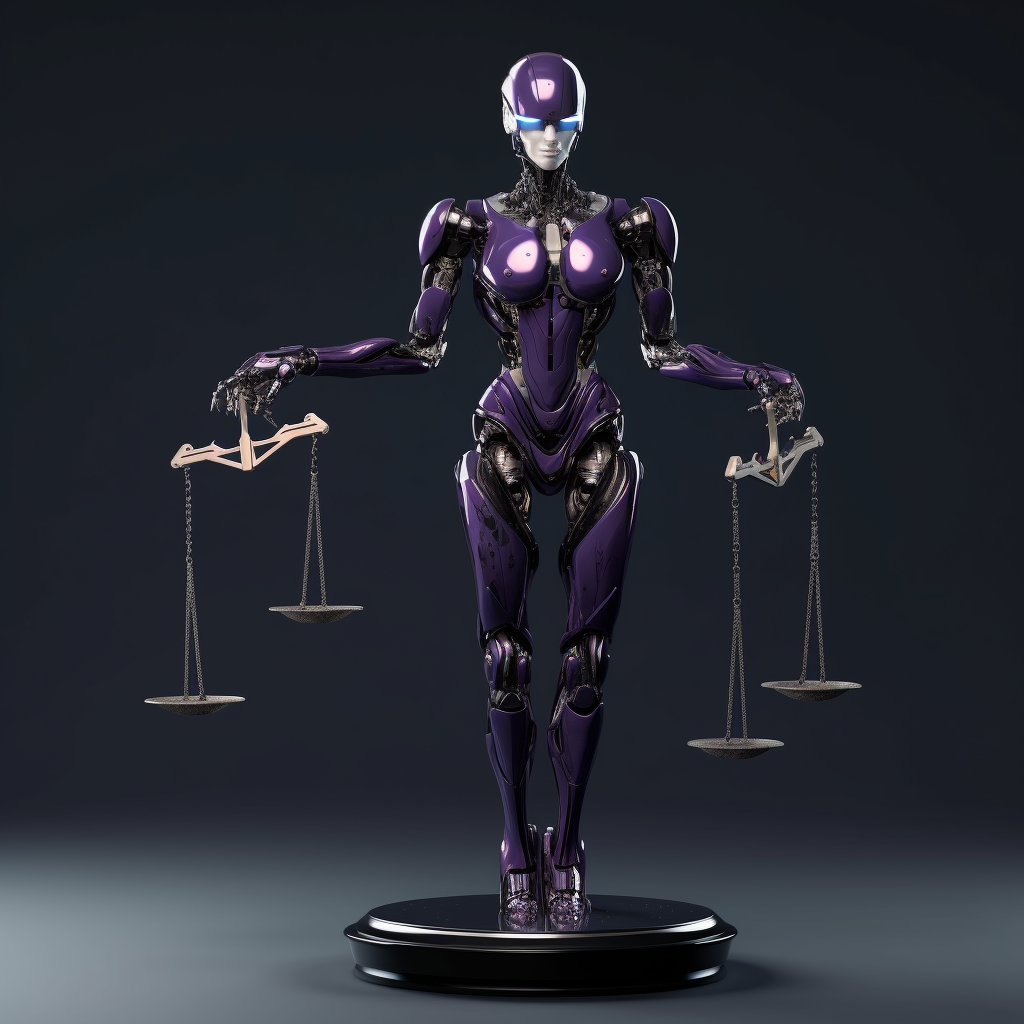June 27, 2023
ChatGPT – The AI Chatbot Causing Concerns in the Legal Industry
Book a Demo
The world of artificial intelligence (AI) continues to shape various industries, and the legal field is no exception. We explore and shed light on a unique case involving ChatGPT, a powerful generative AI language model. As we delve into the details of a landmark incident where lawyers submitted fabricated case law generated by ChatGPT, resulting in fines and raising important questions about AI’s role in the legal profession.
In recent news, two incidents involving AI chatbot ChatGPT have raised concerns about the use of artificial intelligence in the legal industry. In the first incident, lawyers were found to have submitted bogus case law generated by ChatGPT, resulting in a $5,000 fine from the judge. The lawyers’ use of a language model to create fake legal citations was deemed a violation of professional conduct and unethical by the judge. This incident highlights the potential dangers of relying on AI-generated content in legal proceedings and emphasizes the need for legal professionals to maintain ethical standards and avoid shortcuts in their work.
The second incident involved the Washington State Attorney General’s office fining ChatGPT $2.9 million for generating over 10,000 false cases and citations. The AI chatbot, designed to assist with legal research and drafting, prioritized quantity over quality, resulting in inaccurate and misleading information being generated. The law firm responsible for ChatGPT, Davis Wright Tremaine, agreed to pay the fine and implement measures to prevent similar issues in the future.
Both incidents underscore the importance of maintaining the integrity of the legal system and its reliance on accurate and trustworthy information. The use of AI in the legal industry should be approached with caution and careful consideration of the potential risks involved. The consequences of using unreliable sources such as ChatGPT can have significant financial and reputational impacts on law firms and their clients.
The legal profession must remain vigilant against the misuse of AI technologies and prioritize the ethical considerations involved in their use. There is a need for greater oversight and ethical guidelines in the development and use of AI technologies to ensure that they are used to supplement and enhance legal work, rather than replace it. As the legal industry continues to incorporate AI, it must prioritize the accuracy and integrity of legal information to maintain the trust and confidence of the public in the legal system.
The incident involving the submission of bogus case law generated by ChatGPT serves as a wake-up call for the legal profession and the broader AI community. It highlights the urgent need for clear ethical guidelines and accountability measures when utilizing AI technology in legal contexts. As AI continues to advance, it is crucial for legal practitioners and regulatory bodies to navigate the evolving landscape thoughtfully and ensure that AI is harnessed responsibly in the pursuit of justice.



